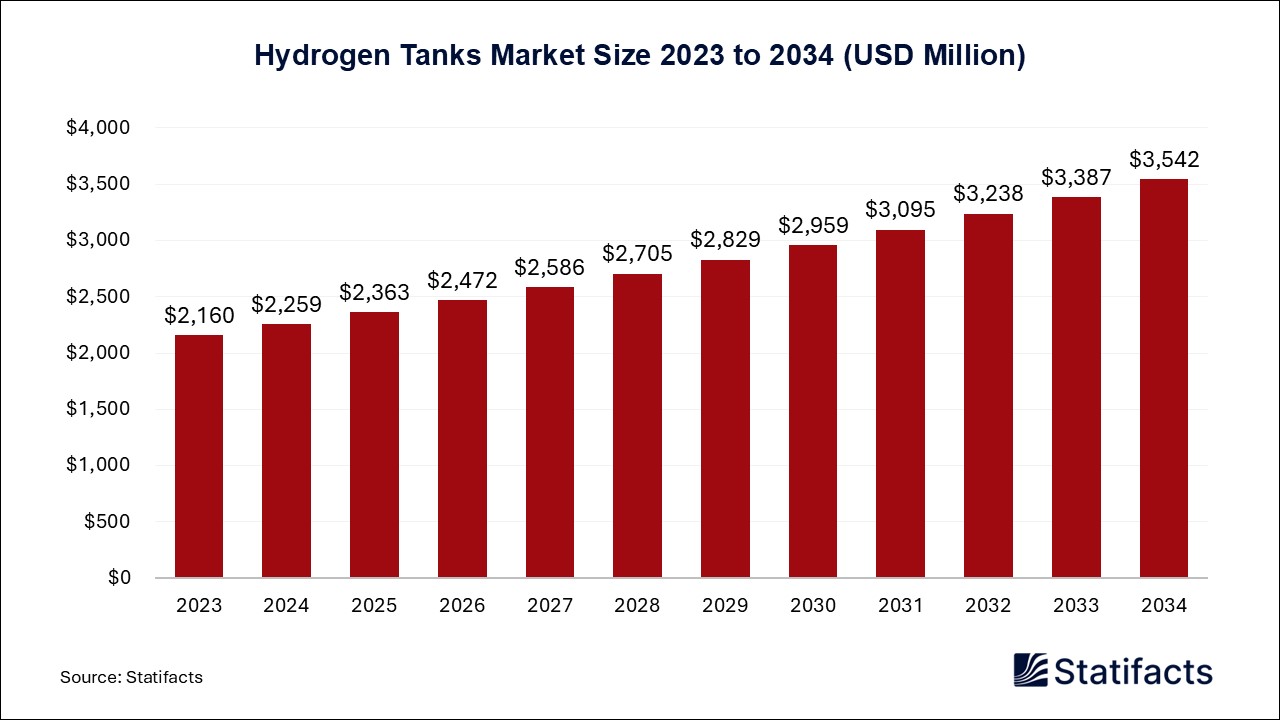
By clicking “Accept All Cookies” you agree to the storing of cookies on your device to enhance site navigation, analyze site usage, and assist in our marketing efforts.
Privacy PolicyThe U.S. in vitro diagnostics contract manufacturing market size was valued at USD 8.19 billion in 2024 and is expected to be worth around USD 21.44 billion by 2034, growing at a compound annual growth rate (CAGR) of 10.1% during the forecast period 2025 to 2034.
The U.S. in vitro diagnostics contract manufacturing market refers to the production, distribution, and application of this in vitro diagnostics (IVD) contract manufacturing which involves testing samples, like blood or tissue, to detect diseases or other conditions using sensitive tests. Contract manufacturing is a type of international business in which a company gets into an agreement with one or more local manufacturers in foreign countries to produce particular components or commodities to its specifications. IVD contract manufacturing plays an important role in the production of medical device components, specifically in the realm of diagnostics and therapeutic devices. Contract manufacturing is a process in which companies outsource their product manufacturing to external service providers to save costs. This method is generally used in mechanical engineering in particular. In contract manufacturing, the customer is responsible for the design and specifications, typically from scratch, while the contract manufacturer builds according to design.
The rising prevalence of diseases and a growing demand for early detection are driving heightened demand for the U.S. in vitro diagnostics contract manufacturing market. The benefits of IVD contract manufacturing include reducing time to market for new products, enhancing cost-effectiveness and efficiency, increasing production capacity and scalability, reducing capital expenditure on manufacturing facilities, and accessing specialized equipment and technology for efficient and high-quality production. The in vitro diagnosis improves patient care and management, prevents the spread of diseases, and early detection of diseases. IVD contract manufacturing services allow organizations to outsource manufacturing processes.
The shift toward personalized medicine requires a customized diagnostic solution, boosting the demand for contract manufacturers capable of IVD product production. It helps in economic growth, and reduces costs, resulting in healthier populations, and reduced hospital stays contributing to the growth of the U.S. in vitro diagnostics contract manufacturing market. There are many benefits of personalized medicines ranging from enhancing diagnostic accuracy to identifying the best treatment option for a patient based on their characteristics to targeted therapy, which increases the likelihood of successful treatments, allows better disease prevention, and reduces side effects. Personalized medicine is an emerging practice of medicine that uses an individual's genetic profile to guide decisions made regarding the prevention, diagnosis, and treatment of disease.
By automating tasks and processing more tasks, artificial intelligence (AI) will empower HCPs to find more meaningful solutions to both basic and complicated issues in health care. AI tools have the potential to enhance patient care, prevention, treatment, and disease management at an unprecedented level. AI can aid in the diagnosis and treatment of rare diseases. By scanning large data sets to find the same cases, AI can help clinicians get diagnoses more quickly and also find examples of treatments that have been effective in people with this condition. These beneficial factors help the growth of the U.S. in vitro diagnostics contract manufacturing market.
Continuous advancements in diagnostic technologies are propelling the need for specialized manufacturing capabilities, as IVD contract manufacturers play an important role in producing innovative diagnostic tools and equipment. These technologies are pivotal in advancing patient care, presenting many benefits like improved patient comfort, cost reductions, and decreased risk of infection. As medical practices progress, the priority increasingly lies in enhancing diagnostic precision while reducing patient discomfort. Health IT plays a key role in many aspects of the diagnostics process capturing information about a patient that informs the diagnostic process, including the clinical history and interview, physical exam, and diagnostic testing results, shaping a clinician’s workflow and decision-making in the diagnostic process. Early disease detection through diagnostic testing offers many benefits from saving lives and preventing disease progression to providing more treatment options and reducing healthcare costs. These factors help the growth of the U.S. in vitro diagnostics contract manufacturing market.
Published by Kesiya Chacko
| Subsegment | 2024 | 2025 | 2026 | 2027 | 2028 | 2029 | 2030 | 2031 | 2032 | 2033 | 2034 |
|---|---|---|---|---|---|---|---|---|---|---|---|
| Instruments | - | - | - | - | - | - | - | - | - | - | - |
| Reagents & Consumables | - | - | - | - | - | - | - | - | - | - | - |
| Software & Services | - | - | - | - | - | - | - | - | - | - | - |
| Subsegment | 2024 | 2025 | 2026 | 2027 | 2028 | 2029 | 2030 | 2031 | 2032 | 2033 | 2034 |
|---|---|---|---|---|---|---|---|---|---|---|---|
| Manufacturing Services | - | - | - | - | - | - | - | - | - | - | - |
| Assay Development Services | - | - | - | - | - | - | - | - | - | - | - |
| Other Services | - | - | - | - | - | - | - | - | - | - | - |
| Subsegment | 2024 | 2025 | 2026 | 2027 | 2028 | 2029 | 2030 | 2031 | 2032 | 2033 | 2034 |
|---|---|---|---|---|---|---|---|---|---|---|---|
| Immunoassays | - | - | - | - | - | - | - | - | - | - | - |
| Clinical Chemistry | - | - | - | - | - | - | - | - | - | - | - |
| Molecular Diagnostics | - | - | - | - | - | - | - | - | - | - | - |
| Hematology | - | - | - | - | - | - | - | - | - | - | - |
| Microbiology | - | - | - | - | - | - | - | - | - | - | - |
| Coagulation | - | - | - | - | - | - | - | - | - | - | - |
| Others | - | - | - | - | - | - | - | - | - | - | - |
| Subsegment | 2024 | 2025 | 2026 | 2027 | 2028 | 2029 | 2030 | 2031 | 2032 | 2033 | 2034 |
|---|---|---|---|---|---|---|---|---|---|---|---|
| Medical Device Companies | - | - | - | - | - | - | - | - | - | - | - |
| Academic & Research Institutions | - | - | - | - | - | - | - | - | - | - | - |
| Others | - | - | - | - | - | - | - | - | - | - | - |
To get full access to our Market Insights, you need a Professional Account or a Business Suite.

You will receive an email from our Business Development Manager. Please be sure to check your SPAM/JUNK folder too.

You will receive an email from our Business Development Manager. Please be sure to check your SPAM/JUNK folder too.

Our customers work more efficiently and benefit from



